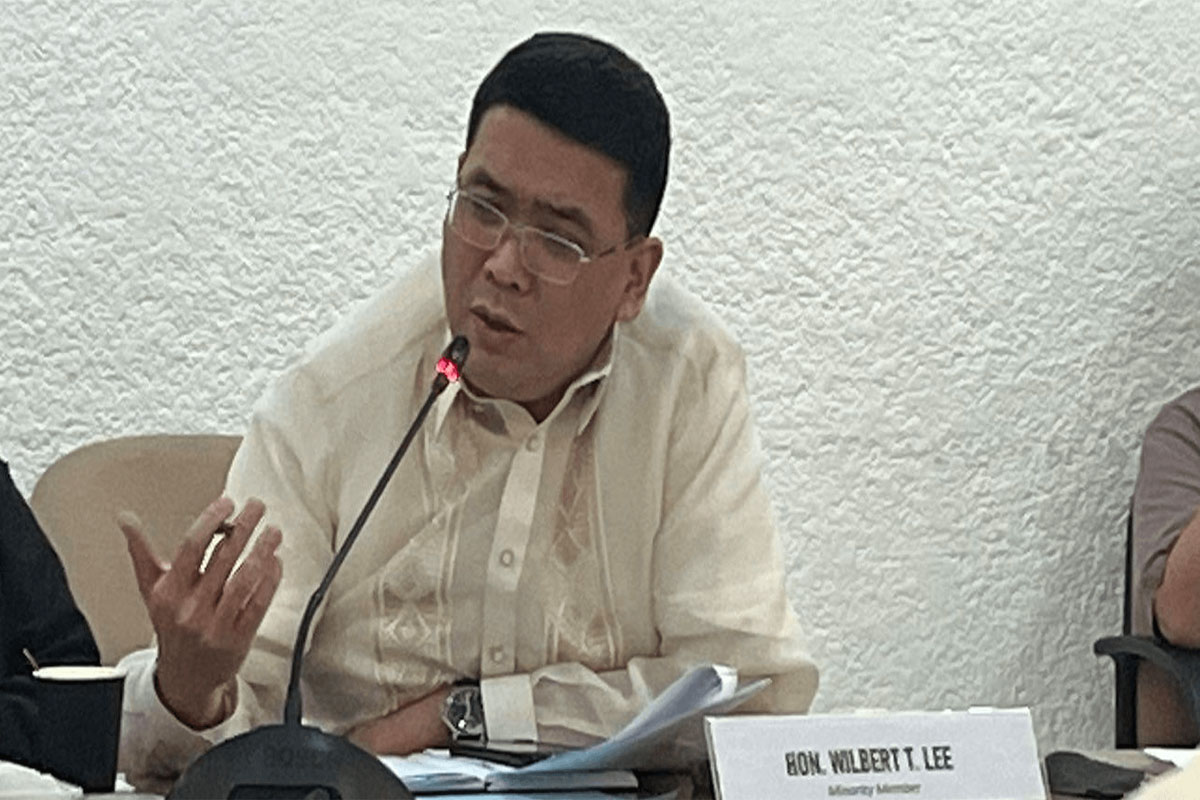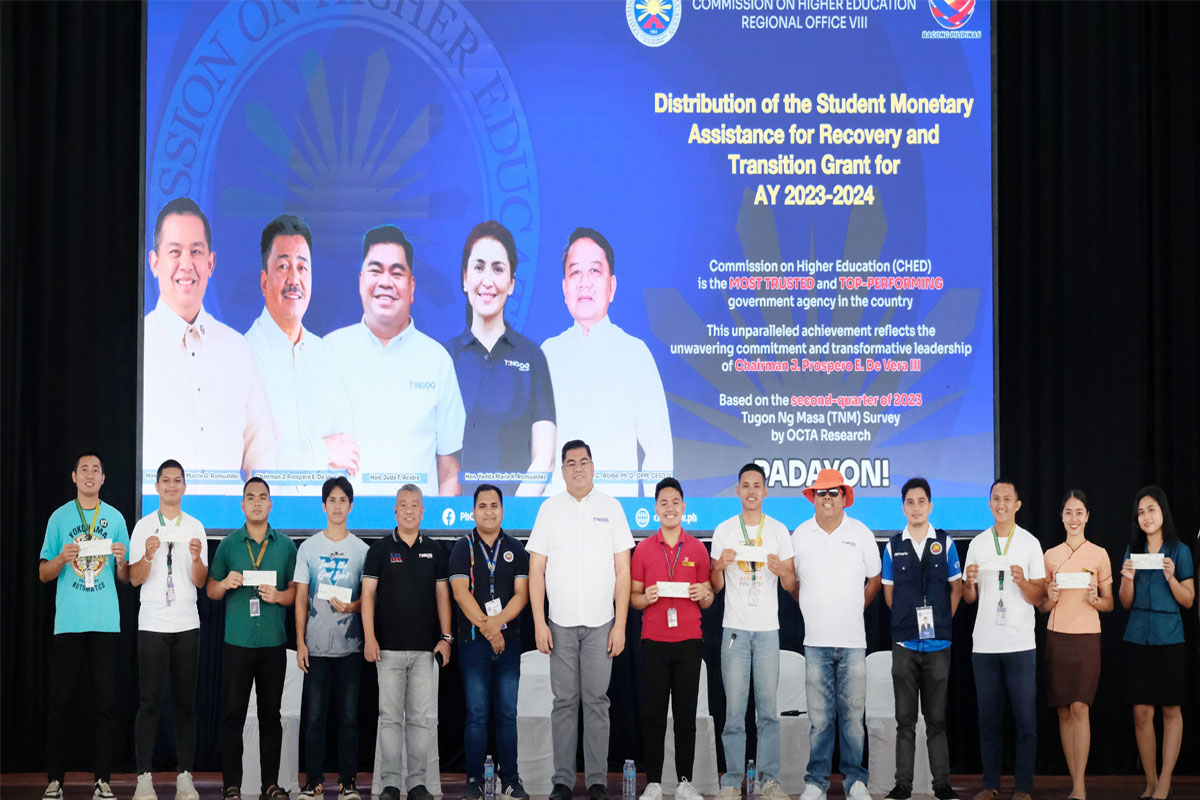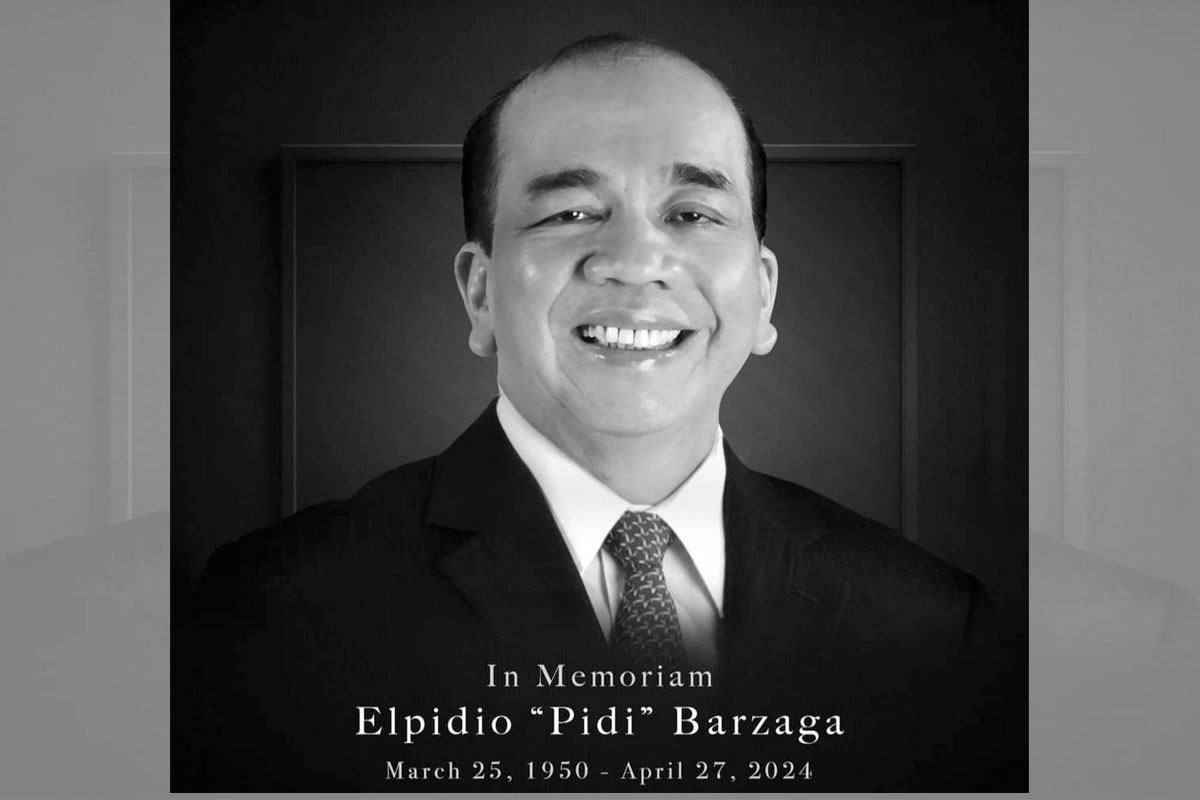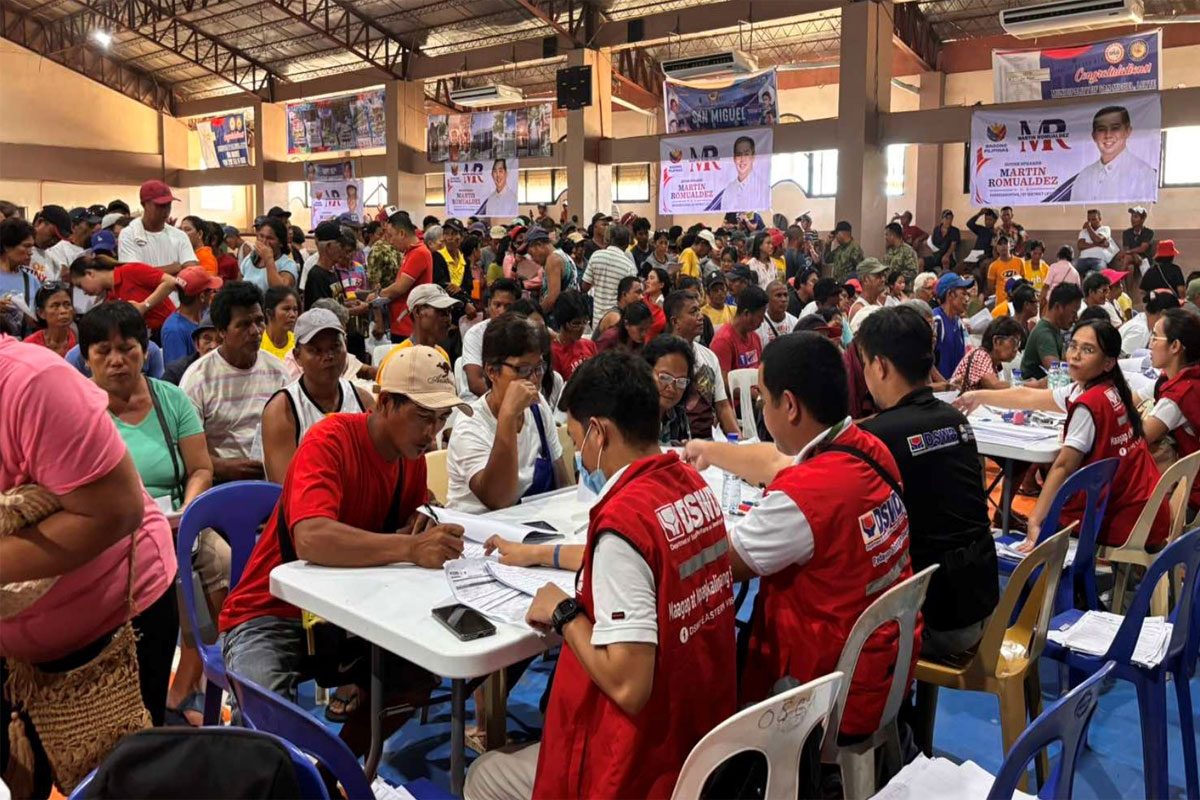
Stiffer penalty sought for public officials involved in agri smuggling
AMID the continued proliferation of large-scale agricultural smuggling in the country, a party-list lawmaker is seeking to amend Republic Act No. 10845 to impose stricter penalty on public officials or employees who take part in this crime.
In filing House Bill No. 5742, AGRI Party-list Rep. Wilbert T. Lee underscored the need to punish not only the illegal importers but all those involved in agricultural smuggling, including public officials and employees with perpetual absolute disqualification from holding office.
“The agriculture sector will not progress and issues relating to it will not be solved if the supposed protectors and implementors of public interest are behind agricultural smuggling,” Lee said.
“Strict enforcement is needed as government officials and employees are agents of the people. The power and position entrusted to them should only be used for the benefit of all and not for their own personal gain,” Lee added.
The enactment of RA 10845 or the “Anti-Agricultural Smuggling Act of 2016” which was authored by AGRI Party-list paved the way to promote the productivity of the agricultural sector, and protect farmers and enterprises from unscrupulous trades and importers.
RA 10845 declared large-scale smuggling of agricultural products as “economic sabotage.” But up to this day, agricultural smuggling remains rampant in the country.
“Agriculture industries are still competing against smuggled products, the latter dominating the market. As a result, there is a decline in local produce. Local agricultural sectors are restrained from continuing their production because of fear of their products going to waste or being sold at much lower prices and resulting to loss of profit,” Lee said.
HB No. 5742 aims to include other unlawful act of market abuses; and modify a stricter penalty for public officials or employees who tolerate, protect or take part in large-scale agricultural smuggling and other market abuses, namely, but not limited to, hoarding, profiteering or cartel in the country.
The penalty of up to life imprisonment and a fine of up to twice the fair value of the smuggled agricultural product or the product subject to hoarding, profiteering or cartel and the aggregate amount of the taxes, duties and other charges avoided plus interest at the prevailing legal rate shall be imposed on any person who violates the law.
“Dahil talamak pa rin ang agricultural smuggling, dehadong-dehado ang ating mga magsasaka at lalong nababaon sa kakapiranggot na kita. Sa paghihigpit sa implementasyon ng batas para sugpuin ang krimeng ito, bukod sa tataas ang produksyon at kita ng mga magsasaka, tataas din ang kita ng gobyerno, na magagamit sa serbisyo para sa mga Pilipino. Kapag nangyari ito, Winner Tayo Lahat,” Lee said.
Condone debts of ARBs
In a related development, the MAGSASAKA Party-list is adding another voice to the chorus of calls for the urgent passage of a bill condoning all the debts farmers incurred in owning lands under the government’s Comprehensive Agrarian Reform Program (CARP).
Once their intra-party legal dispute is settled, one of the priorities of the Magsasaka Party-list is to push for the approval of a bill that aims to erase the unpaid debts of agrarian reform beneficiaries (ARBs) which could play a major role in economic recovery and in attaining food security for the country.
“Condoning the debts now of the agrarian reform beneficiaries will not only be a right step in pursuing social justice, but it will also provide a stimulus for an economic growth wherein the country’s agricultural sector will be at the forefront,” Robert Nazal, the leader of the party-list, said.
“The farmer-beneficiaries will be provided a fresh start and will be released from the bondage from where the law truly intended them to be freed,” he added.
Nazal said the said condonation bill is in support of the call of President Ferdinand “Bongbong” Marcos in his first State of the Nation Address for Congress to pass a law that will lift the burden off ARBs to pay their respective loans so they could focus on farming quality and productivity.
The condonation of the existing agrarian reform loan will cover the amount of P58.125 billion benefiting around 654,000 agrarian reform beneficiaries and involving a total of 1.18 million hectares of awarded lands.
CARP aims to benefit farmers and other ARBs in at least two ways: availability of credit to be used for the enhancement of their farming endeavors and award of lands to be paid for by them to Land Bank of the Philippines in 30 annual amortizations at 6 percent per annum.
According to Nazal, the legislative intent behind CARP was to give farmers the much needed land and financial resources for them to compete in a global market which would eventually free them from the bondage of soil.
“However, despite the noble intentions, the government currently has a staggering collectible deficit from the foregoing loans on both the land and the credit secured by agrarian reform beneficiaries,” Nazal lamented.
Moreover, Nazal said the collection of the loans has proven to be a challenge over the years and the logistics of reaching out to farmers in far-flung areas contributed to such difficulty.
“Thus, the cost of collection adds to the burden of the government,” he pointed out.
“That being said, it must be noted that the failure of collection stems not just from lack of efficient administration of collection but also the inability of the farmer beneficiaries to shoulder the loans in the first place, not to mention the compounded interests, penalties, or surcharges,” he added.
It has been reported that loans from Philippine banks to the agriculture and agrarian reform sector grew by 19.3 percent to P851.76 billion last year from the previous year’s P713.6 billion, according to preliminary data released by the Bangko Sentral ng Pilipinas.
To add to the suffering of farmer-beneficiaries, they are not permitted to lease their lands until their debt amortizations with a 30-year repayment period have been fully paid and 10 years have elapsed after award of the Certificate of Land Ownership Award or CLOA.
A study by the Philippine Institute of Development Studies in 2003 said such restrictions reduce the value of the awarded land by eroding the collateral value of the land, lowering the value of contracted land, reducing the farmer’s incentive to invest in land improvements, constraining the transferability of land from less productive to more productive farmers, and limiting the choice of more efficient contractual arrangements.
On the other hand, agri industry economists have opined that “condonation will allow farmer beneficiaries to invest in more land improvements or transfer the use of the land to more productive farmers or engage in better contractual arrangements.”
“In sum, prolonging the burden of the farmer-beneficiaries benefits no one. The running interest unduly increase debt, but the debt remains just a debt. The government cannot afford the costs of collection,” Nazal stressed.
“Worse, the recent pandemic has caused interrupted food supply chains, and the farmers are worse off owing to their larger debt obligations as a result of community lockdowns that delayed mobility for the sale of harvested goods,” he added.



















